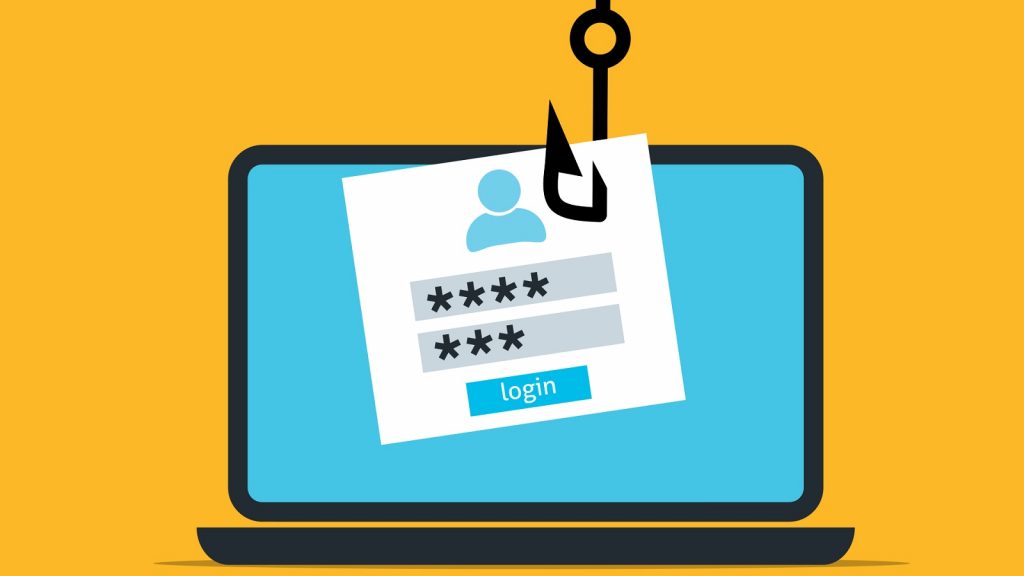Donald Trump’s call for Netflix to remove board member Susan Rice has intensified the Paramount saga, pushing the streaming wars into a political confrontation.
These are the top brands cybercriminals like to pose as when phishing

Check Point Research has listed the brands that cybercriminals like to pose as most when targeting online users with phishing scams.
Check Point Research, the threat intelligence arm of cybersecurity company Check Point Software, published the results in its Brand Phishing Report for Q3 2021.
The report listed the top ten brands cybercriminals like appear as in phishing attempts.
Microsoft is the most popular brand for phishing scams
According to the report, Microsoft was the most-imitated brand by cybercriminals. The technology company appeared in 29% of phishing attempts globally this past quarter.
This percentage is down from Q2 2021 when 45% of attempts imitated the brand.
Amazon was the second most-used brand in phishing attempts. Cybercriminals imitated the brand in 13% of phishing attempts.
Other popular brands included Google, Netflix, WhatsApp, and LinkedIn.
Check Point also highlighted an example of a malicious email that tried to get receivers to supply personal details.
The email contained the subject line “Help strengthen the security of your Google Account” and prompted users to click a malicious link that directed them to a fraudulent login page.
Users could then potentially enter their Google account details.
“Threat actors are constantly trying to innovate their attempts to steal peoples’ personal data by impersonating leading brands,” Data Research Group Manager at Check Point Software, Omer Dembinsky, said in a statement.
“Unfortunately, there’s only so much these brands can do to help combat phishing attempts.”
“So often, it’s the human element that often fails to pick up on a misspelt domain, an incorrect date, or another suspicious detail in a text or email.”
Here are the top ten brands cybercriminals used in phishing attempts:
- Microsoft (29%)
- Amazon (13%)
- DHL (9%)
- Best Buy (8%)
- Google (6%)
- WhatsApp (3%)
- Netflix (2.6%)
- LinkedIn (2.5%)
- PayPal (2.3%)
- Facebook (2.2%)
Check Point Software also called for users to be on the lookout for phishing attempts when online.
“As always, we encourage users to be cautious when divulging their data, and to think twice before opening email attachments or links, especially emails that claim to be from companies such as Amazon, Microsoft or DHL as they are the most likely to be imitated,” Dembinsky said.
Read more: Personal data of South Africans compromised in Department of Justice breach
Featured image: Pixabay/mohamed_hassan


